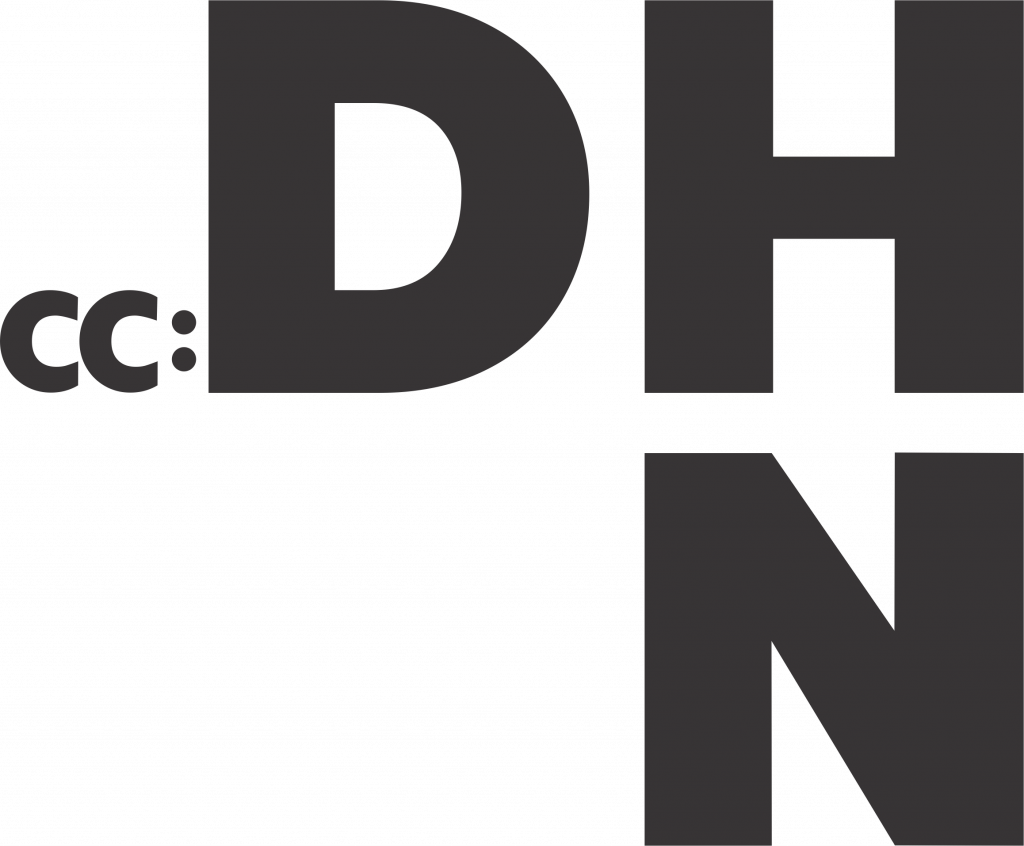
- This event has passed.
[Foundations] Introduction to Computation for Literary Studies
Event Language
EnglishFormat
in person/face-à-faceThis course demystifies, and offers a survey of, the computational tools and techniques being used for literary studies. Aimed at novice and DH-curious scholars and practitioners, participants gain familiarity with fundamental concepts and methods so that they can better appreciate the potential of computer-assisted critical techniques. Classes are divided between discussions of key theoretical considerations and practical instruction in a selection of tools. Participants are exposed to macro-analytical techniques like most frequent word analysis, collocation, stylometry, topic modelling, digital mapping, and network analysis, gaining experience with environments like Voyant, R, Carto, Palladio, and Gephi. The course also details best practices relating to the preparation and management of digital corpora. Having completed this course, participants will have a better understanding of how computational methods can be used to produce quantitative data for use in the support of literary studies. More advanced expertise can subsequently be developed at any one of a number of DHSI offerings dedicated to particular methods.
This course combines lecture, seminar, and hands-on activities. Consider this offering in complement with, and / or to be built on by: Out-of-the-Box Text Analysis for the Digital Humanities; Stylometry with R: Computer-Assisted Analysis of Literary Texts; Fundamentals of Programming/Coding for Human(s|ists); Understanding Topic Modeling; Data Mining For Digital Humanists; and more!
